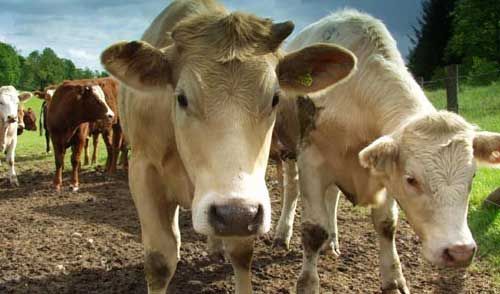
The British Veterinary Association (BVA) supports Defra’s response to the Farming Regulation Task Force aimed at reducing the burden of red tape in the agriculture sector whilst maintaining high standards of animal health and welfare, and public health.
In its response Defra commits to fewer inspections for farmers who already meet high environmental and animal welfare standards (’earned recognition’) and offers a potential way forward for the removal of the 6-day livestock standstill rule.
Commenting on moves towards earned recognition, BVA President Carl Padgett, said:
’The BVA believes that in many cases the burden of regulation is outweighed by its benefits, particularly in the case of disease control. And we strongly recommended that Defra take a cautious approach towards deregulation.
’However, the BVA supports the principle of ’earned recognition’ and the use of third-party assurance schemes where those schemes are able to address animal health and welfare and food safety issues, and are robustly audited.
’Vets already have a key role to play in these assurance schemes, working with their clients to systematically improve health and welfare on farm.’
On the potential for removing the 6-day standstill rule for cattle, sheep and goats, Mr Padgett said:
’Defra has put the ball in the industry’s court and it is essential that the industry comes up with robust plans for separation units if we are to see the end of the 6-day standstill rule.
’Any plans must offer the same level of disease protection or better, include accurate, real-time animal movement information, and provide for spot checks by the relevant authority.
’Vets will be in a prime position to work with farmers to facilitate the approval of separation units through the application of their epidemiological knowledge via the health planning process.’
